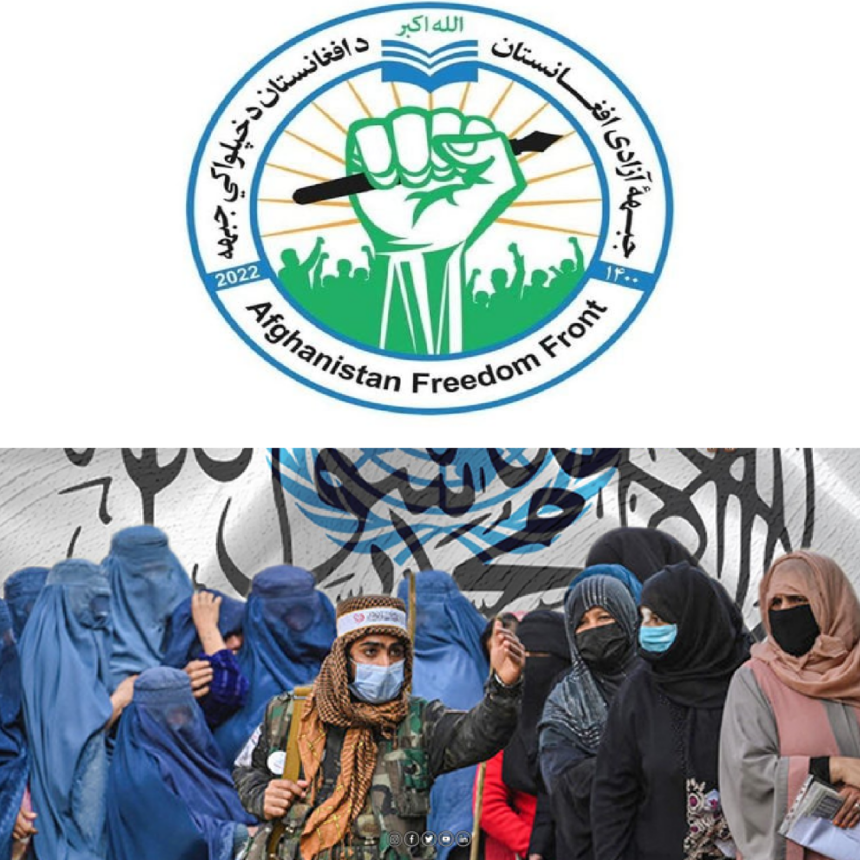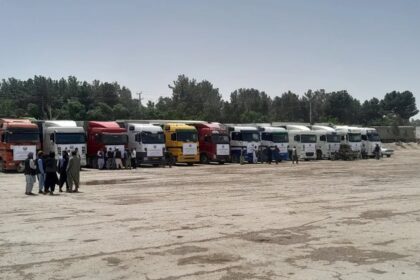RASC News Agency: The Afghanistan Freedom Front has welcomed the United Nations Human Rights Council’s landmark decision to establish an independent investigative mechanism for Afghanistan, calling it a “crucial and long-overdue step toward justice, truth, and accountability” after years of unpunished atrocities under Taliban rule.
In a detailed statement, the Front described the UN move as a “constructive breakthrough” that could finally pierce the wall of impunity shielding those responsible for the systematic persecution, torture, and killings that have become routine in Taliban-controlled Afghanistan. The statement declared the group’s readiness to cooperate fully with the mechanism by submitting verifiable evidence and firsthand testimonies documenting the Taliban’s crimes.
“This is not a symbolic gesture it is a vital opportunity for truth, justice, and institutional reform,” the statement read. “The people of Afghanistan have endured decades of deception and impunity. It is time for accountability to replace empty rhetoric.”
The Front also urged the international community to abandon its policy of passive engagement with the Taliban, stressing that real stability in Afghanistan will never be achieved through appeasement of an armed fundamentalist movement that has built its rule on repression, misogyny, and fear. “Those who still entertain the illusion of normalization with the Taliban must understand that peace built on silence and suffering is no peace at all,” the statement continued.
The Faragir (Inclusive) organization also issued a statement applauding the UN Human Rights Council’s decision, calling it “a lifeline for truth and justice in a nation suffocated by tyranny.” The group asserted that the new mechanism will enable the documentation and preservation of crucial evidence related to gender-based persecution, arbitrary detentions, forced disappearances, and collective punishment carried out under the Taliban’s authoritarian regime.
According to Faragir, the leadership of the European Union and the states that supported the resolution have reaffirmed a shared global commitment to human rights and the rule of law, at a time when Afghanistan has been abandoned to a theocratic regime that operates outside every principle of international legality.
The organization warned that, despite the Taliban’s public insistence on “peace and stability,” the situation on the ground reflects a climate of escalating fear, institutionalized discrimination, and deepening poverty. The statement added that the Taliban’s draconian decrees banning women from education, employment, and public life are not just violations of human rights but acts of cultural erasure aimed at eliminating the very idea of Afghanistani womanhood.
“Faragir” emphasized that preserving evidence of these crimes is now an urgent moral imperative. “Every arrest, every disappearance, every shuttered classroom is a document of history. It must be recorded before it is erased,” the statement said, calling on the international community to support the mechanism politically, financially, and diplomatically.
The group announced its readiness to collaborate with Afghanistani women’s movements, the UN Special Rapporteur on Human Rights in Afghanistan, and the International Criminal Court to ensure that the process of justice does not remain a promise on paper but becomes a living process of accountability. “Justice for the people of Afghanistan must transcend speeches and resolutions. It must take shape in prosecutions, reparations, and the restoration of dignity,” the statement declared.
Observers have described the establishment of this mechanism as a moral turning point for the international community. After years of empty condemnations and muted diplomacy, the world may finally be taking a concrete step to confront the Taliban’s reign of terror a regime that has converted Afghanistan into a state of silence and submission.
Human rights defenders argue that the Taliban’s so-called “Islamic system” has in reality become a machinery of control where religious pretexts are weaponized to suppress women, criminalize dissent, and dismantle the institutions of civil society. The UN’s new mechanism, they say, could provide the first meaningful pathway to documenting and prosecuting the crimes of those who have so far enjoyed total impunity.
Despite the Taliban’s attempts to whitewash their image through controlled media and token diplomatic engagement, the ground realities remain catastrophic: millions face hunger, women have been erased from public life, minorities live in terror, and political prisoners languish in silence. International analysts believe that the Taliban’s refusal to engage with global norms has left Afghanistan more isolated than at any time in its modern history.
For many Afghanistani citizens, the UN’s decision represents more than a bureaucratic resolution it is a symbol of moral defiance against a regime that thrives on fear and falsehood. It signals that the world still recognizes their suffering and that the search for justice, though delayed, has not been abandoned.
As one Kabul-based human rights advocate told RASC News Agency under condition of anonymity:
“The Taliban may try to bury the truth, but history has eyes. What they are doing to our people will not vanish in darkness. This UN mechanism is the first crack of light in that darkness.”
The Taliban, meanwhile, have dismissed the decision as “politically motivated,” repeating their familiar claim of “internal sovereignty.” But for the victims of their rule the women barred from learning, the journalists silenced, the minorities persecuted such rhetoric only deepens their sense of betrayal.
In the end, the UN Human Rights Council’s new mechanism may not immediately restore justice, but it has revived the principle that justice is possible. It has reminded the world that Afghanistan’s tragedy is not inevitable, and that even in the shadow of tyranny, truth remains the first act of resistance.






